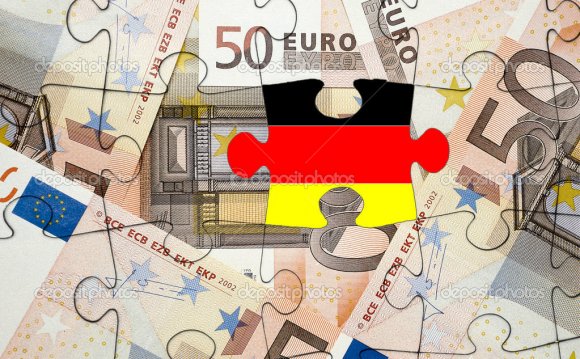
Crisis In Germany
 From a friend from Russia, the question comes: "How is the crisis in Germany?" I can't speak for all of Germany, but as for me and my work, I'm willing to share it. But I'll start with the difference between the German and Russian crises, because without that, the picture would be incomplete.
From a friend from Russia, the question comes: "How is the crisis in Germany?" I can't speak for all of Germany, but as for me and my work, I'm willing to share it. But I'll start with the difference between the German and Russian crises, because without that, the picture would be incomplete.
Secondly, in Germany, the currency is not its own but a pan-European and free-convertible currency. The Central Bank of Russia may wish to retain or leave the course of the rouble, and Germany alone cannot do anything like this.
Thirdly, Germany ' s economy is different from Russian. In Germany, one third of GDP is for the production of goods and about two thirds for the production of services. Plus, the German economy is deeply integrated into the EU economy.
As a result, the main problem in Germany is the decline in the consumption of goods and services produced. That's not surprising. Many large German firms had customers in the United States, and now these American customers are unable to maintain the level of orders at the maintenance level.
I see that as an example of SAP, where I worked three years ago. This huge firm creates software for managing large enterprises and is the world leader in this niche. Since it is the biggest enterprises that are now in the first place, SAP is losing. As a result of the losses, the price of the company ' s shares is falling, therefore, its capitalization, etc., and so on.
The problem is, you don't want to, you need to produce and maintain software. Because some of the customers keep paying the right thing. Consequently, the activities of the firm cannot be stopped. In order to support the financing of such production at the maintenance level while the enterprise ' s income is declining, costs should be reduced.
Most of the big firms around the world are lowering costs in the simplest way: they're firing redundant staff. The crisis in Germany has thus created an increase in unemployment. But so far, everything is within the limits of the rule.SAP went differently. The fact is that a large part of SAP producers are not employees of this firm, but rather rented. This is done in the event of contingencies, which is a crisis. So the first step the company took was to break up with rented employees.








